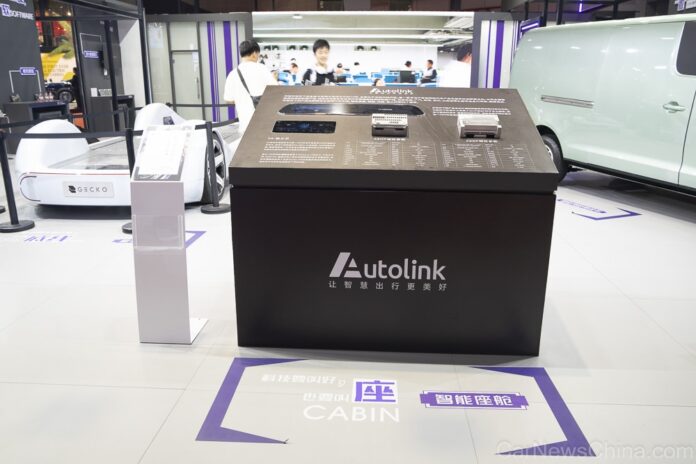Reports indicate that both BYD and SAIC have recently pressured suppliers to reduce prices for 2025. This shows that the price war is unlikely to abate any time soon.
Previously, we reported anecdotal evidence that suppliers were being forced to sell to producers at below-cost prices in order to gain volume. The latest reports give ammunition to the case that this is really happening.
The news from BYD originates from an email from He Zhiqi, executive vice president of BYD Group and chief operating officer of passenger cars. In the email, he proposed that BYD would reduce the price paid to suppliers by 10% from 1 January 2025.

The Maxus division of SAIC took a similar approach, sending a letter to suppliers on November 25 saying that it sincerely invites supplier partners to participate in the large cost control project, with the goal of reducing costs by 10%.
The SAIC letter outlined five ways in which Maxus expects its suppliers to cooperate. First, it expects them to create more competitive raw material procurement solutions or to reduce material usage through technological innovation. Then, it encourages suppliers to put forward process improvement suggestions that will improve efficiency and reduce waste.

The third measure involves the implementation of value analysis and value engineering (VAVE) methodology. With it, Maxus encourages suppliers to use their own professional advantages to collaborate with SAIC in design and take the initiative to optimize the cost of parts systematically. Fourthly, through the optimization of logistics and distribution systems, Maxus hopes to reduce packaging and logistic costs so improving the loading rate and optimizing the system. Lastly, the measures call for long-term relationships so as to better plan future cost-saving measures.
BYD has responded to the matter with Li Yunfei, GM of the brand and public relations department of BYD Group, saying, “Annual bargaining with suppliers is a common practice in the automotive industry. Based on large-scale mass procurement, we propose price reduction targets for suppliers, which are not mandatory and can be negotiated and promoted.”
SAIC Maxus, on the other hand, has not officially responded. The company believes volume cost will be the main theme of the Chinese automotive industry in 2025. It is unlikely that the imbalance between supply and demand in the market can be solved in the short term, and this will further fuel the price war.

BYD is demanding that the entire supply chain work together to continue reducing costs. Suppliers are expected to report their reduced prices to BYD before December 15.
Sources: Autohome, Fast Technology


